Posted on 4/8/2020

There are some really obvious signs that you are having automotive issues, such as the check engine light or another dashboard warning light coming on. Maybe the car won't start or move at all. Clearly, something significant is wrong in these situations, and you will want to get your vehicle inspected and repaired by a professional mechanic. Then, there are other times when you just aren't sure. Something just doesn't seem right or there is something that is noticeably out of the ordinary. This is when you can use your five senses (well, four of the five anyway) to pick up on issues that might be cause for concern. Something Feels Unusual There are many automotive problems where you can literally feel that things are off. Wheel alignment and suspension damage can cause the car to pull to one side or the other or lurch forward at hard stops ... read more
Posted on 3/18/2020
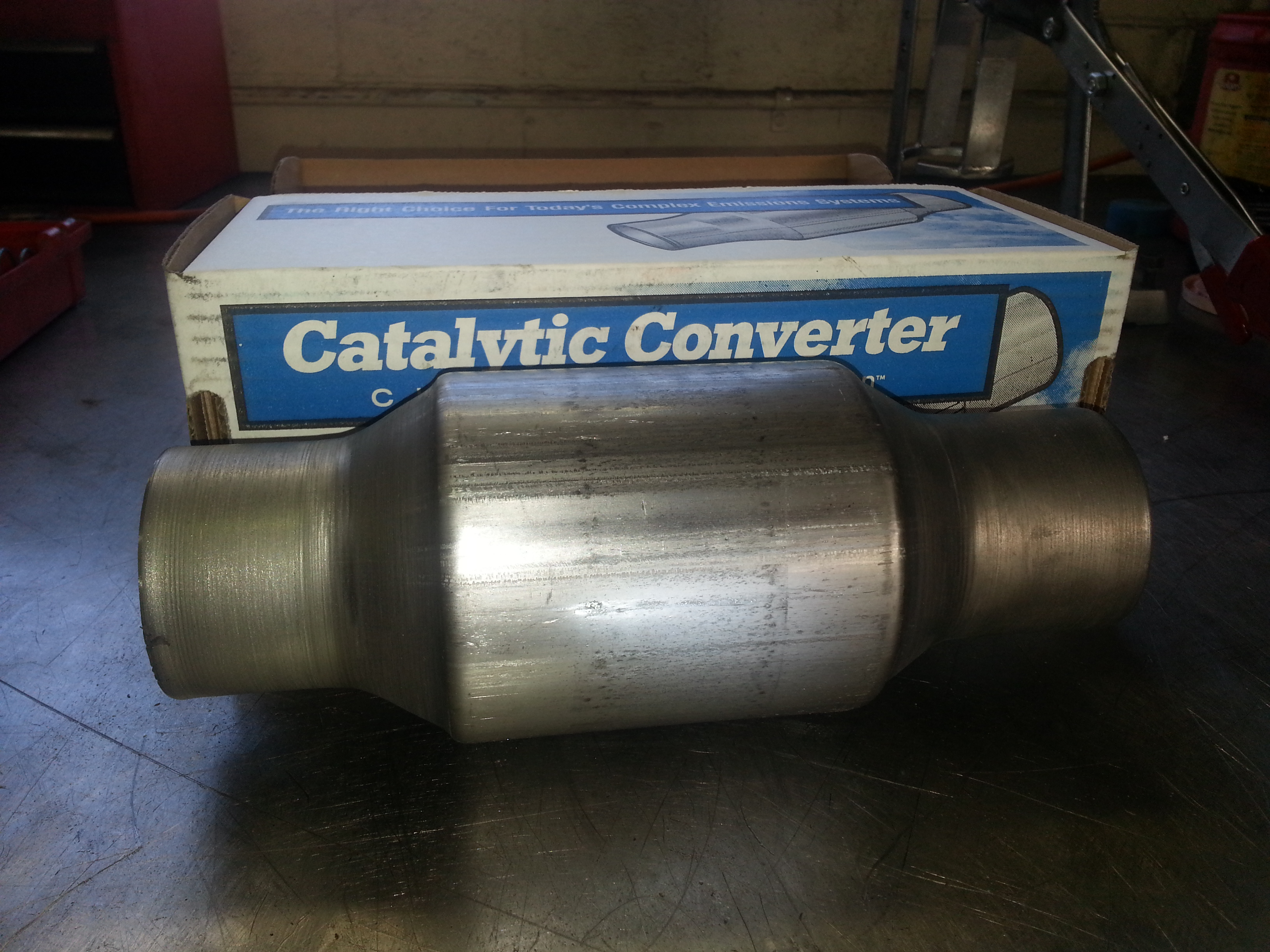
The exhaust system is one of your vehicle's most important systems. It expels harmful gases from the engine, allowing it to "breathe" and run better. The most important component within your exhaust system is the catalytic converter. It burns off these gases and pollutants for safer emissions. If your catalytic converter is damaged or clogged, you can usually still drive the vehicle. However, it will potentially lead to some more significant issues. You will generally lose fuel economy. Exhaust leaks can develop. Worst of all, engine damage can occur and it probably won't be cheap to repair. At the first sign of catalytic converter failure or any other exhaust system issues, you will want to bring your vehicle to a professional auto repair shop. Colorado Springs' own LightHouse Aut ... read more
Posted on 3/11/2020
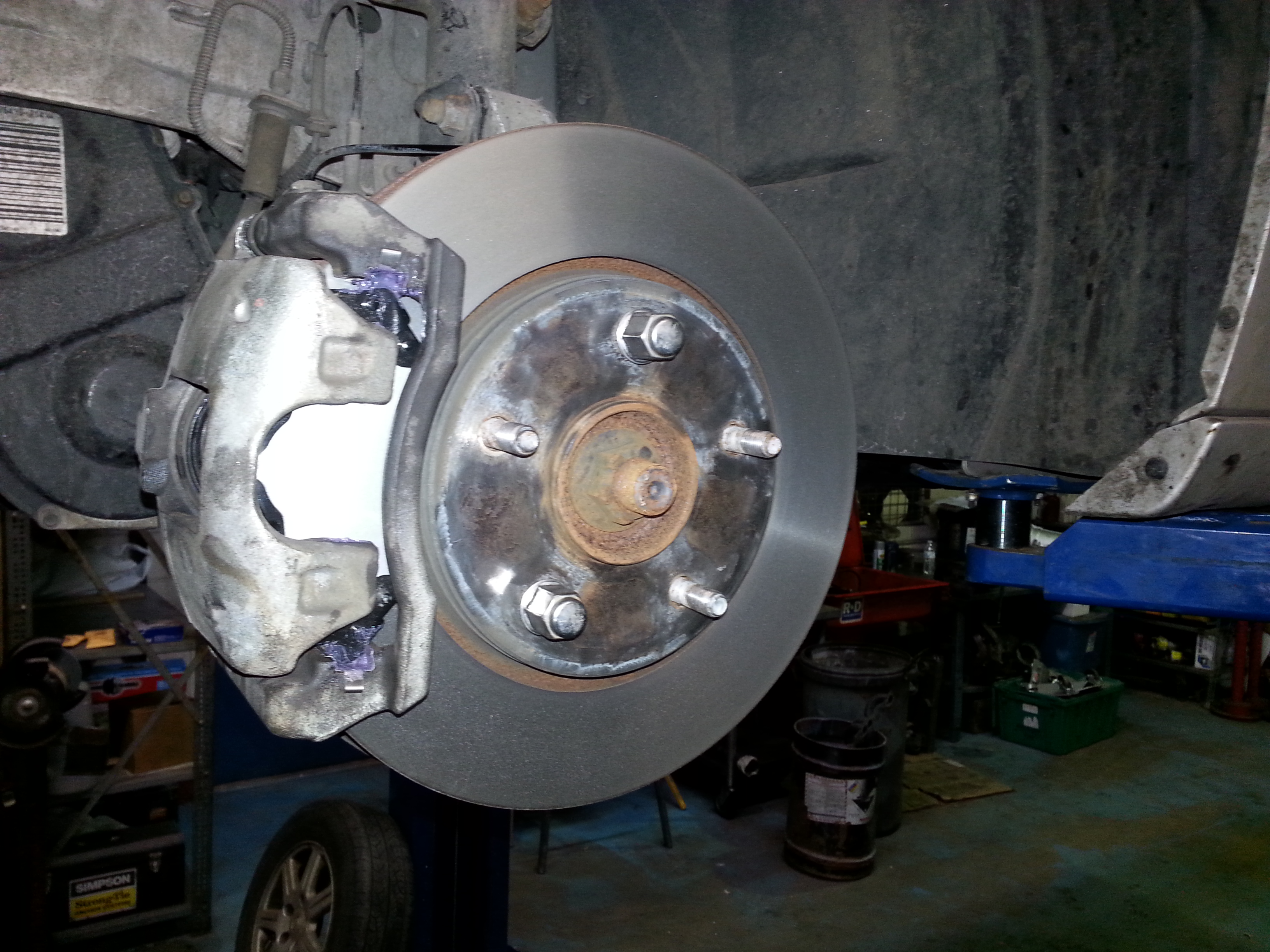
Imagine this scenario. You are driving along in your car like you do every day. A car stops suddenly in front of you at a traffic light, so you step on the brake pedal as firmly as you can. However, your car isn't coming to a quick and complete stop. It slows down just barely enough to avoid disaster, but it sure was a close call. This kind of scenario is not out of the ordinary, but what amazes us is that someone will still wait to get their brakes checked even after a near-disaster like this. When it comes to your safety as a driver, the safety of your passengers and the safety of drivers and pedestrians on the road in front of you (not to mention insurance premiums and repair costs if you are actually in an accident), it's important to get your brakes checked and serviced at the first sign of trouble. In most cases, it's just the brake pads that need to be replaced. They get worn ... read more
Posted on 2/26/2020
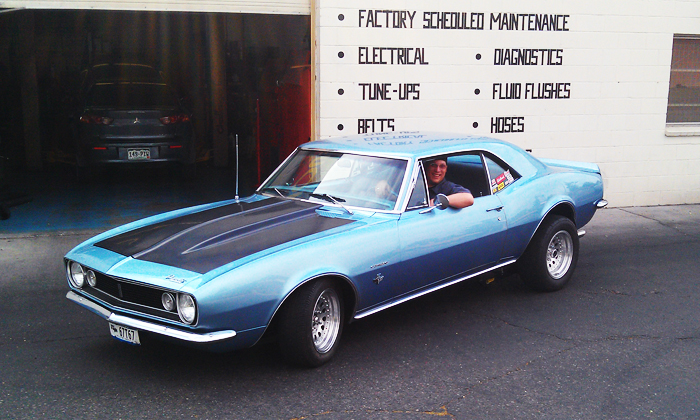
There are some people who like to get a new vehicle every few years, whether they are on dealer lease programs or they trade-in and purchase a new or used car. Then, there are those of us who buy a vehicle and want to drive as long as it will keep running. We are proud when that odometer rolls over past 100,000 miles and maybe even 200,000 or 300,000 after many years of dependable driving. Sometimes, you can get really lucky with a vehicle that lasts a long time. However, the best way to ensure that a car lives a long and healthy life is by performing proper preventative maintenance and taking care of minor problems before they turn into major repair jobs. Here are 10 tips to extend the lifespan of your car, according to the Colorado Springs auto repair team at LightHouse Automotive: 1. Change the Oil This is the most common and most important preventative maintenance procedu ... read more
Posted on 2/19/2020
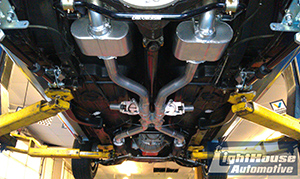
Because of today's manufacturing standards, a lot of auto manufacturers will leave plenty of room for improvement with most cars that roll off an assembly line. They use affordable, standardized parts to fit a large quantity of mass-produced automobiles. They aren't concerned about maximizing each vehicle's performance, especially when it comes to torque and horsepower. This is why many vehicle owners opt to install aftermarket exhaust systems. It's one of the best way to boost horsepower, torque and other performance factors. In addition, a custom exhaust designed specifically for your car and your engine can improve things even more than a bolt-on kit. Here are 7 reasons why you should consider installing a custom exhaust system, according to the Colorado Springs auto repair experts (and custom exhaust specialists) at ... read more
Posted on 2/5/2020
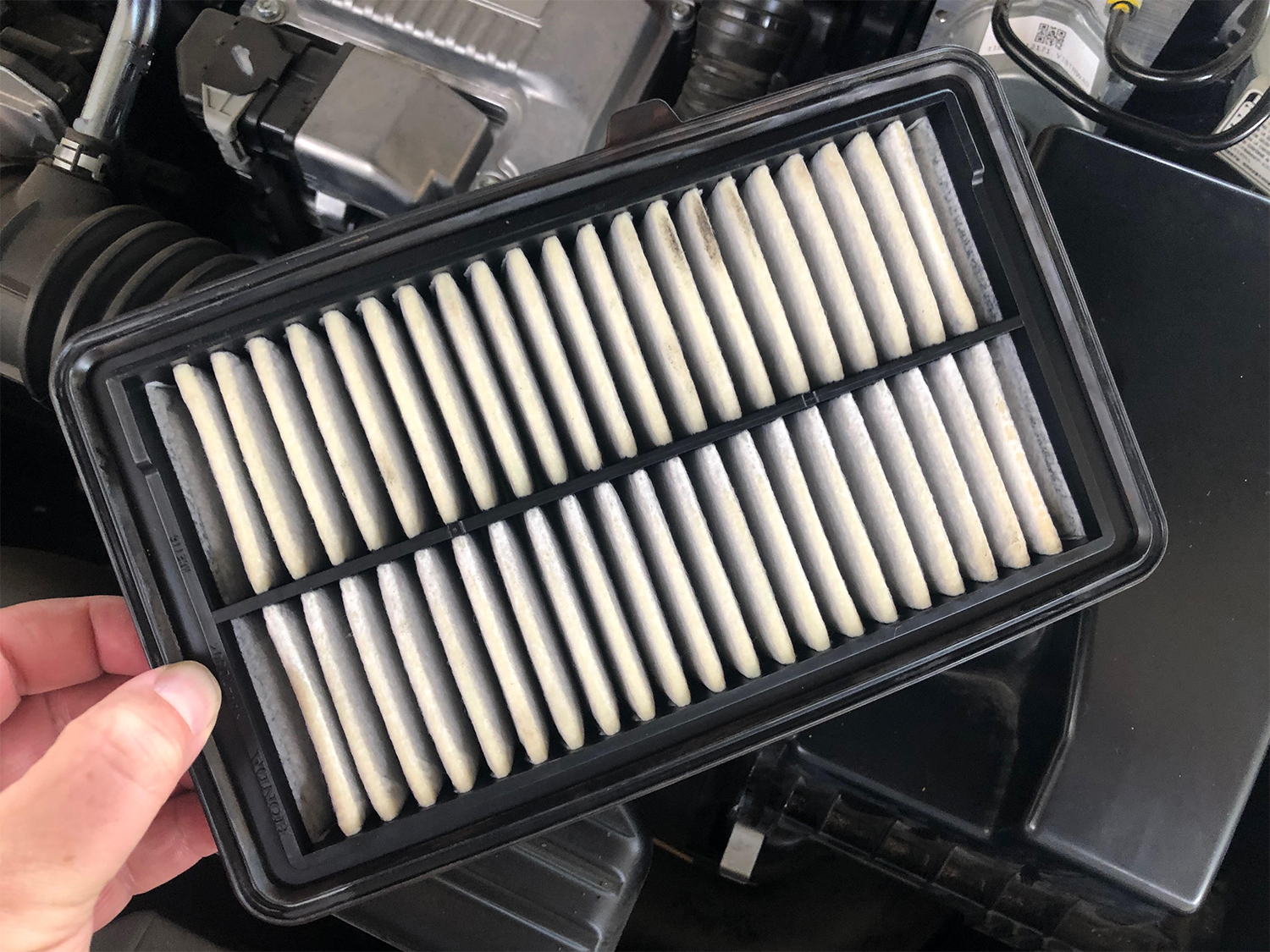
When people do their own vehicle maintenance at home, the engine air filter is often one of the most overlooked items. It's easy to remember changing the oil and oil filter or rotating the tires based on specific mileage driven, but the air filter isn't quite as memorable because its need for maintenance will fluctuate. However, it serves a very important function and it needs to be replaced periodically. When to Change Your Air Filter How often you should change your air filter can vary depending on a number of things. The general rule of thumb is somewhere between every 15,000 and 30,000 miles. How you drive the vehicle, the air quality where you drive, the age of your vehicle and several other factors can play into how much work your air filter has to do. It's a good idea to check it any time you are changing the oil or getting other maintenance done. Once it gets too dirt ... read more
Posted on 1/15/2020
.jpg)
Sometimes you might hear the terms “powertrain,” “drivetrain” and “driveline” used interchangeably. They are all very much related, but there are important differences between these automotive terms. Everyone knows about the engine and the transmission, and most people have at least a basic understanding of how those work. The engine supplies power and the transmission controls the power as it is sent out to the wheels. The driveline is often the most misunderstood part of this equation. It is ultimately what transfers that torque from the transmission to the drive wheels when the vehicle is in motion. The first thing we want to look at is the differences between the terms powertrain, drivetrain and driveline. One way to think about is like a Russian nesting doll. Each term describes components that are part of the previous ... read more
Posted on 1/8/2020
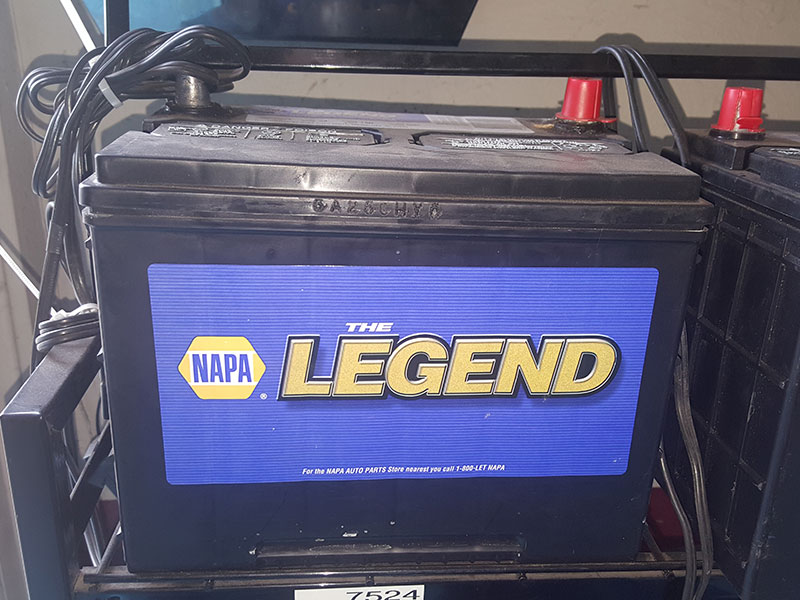
It can be really disheartening when you try to turn on your car in the morning and it is struggling to start. You never want to have that feeling that you are going to be stranded somewhere because of a dead battery. Winter Battery Concerns Though there are numerous reasons why your car may be struggling to start (spark plugs, alternator, engine problems, cooling system problems, starter, etc.), a weak battery is one of the most common issues. Especially during cold winter months, the battery is put through a lot of extra strain. It gets really cold when the vehicle isn't running for awhile, and that causes it to lose its charge faster. Keeping Your Car Battery Healthy You need a healthy battery to make the car run and to control all your electronic components. You may notice that your headlights or interior lights are starti ... read more
Posted on 12/18/2019
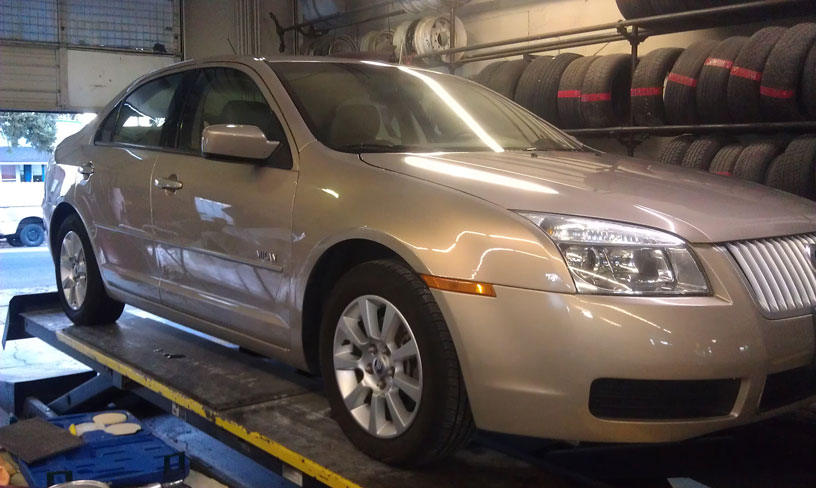
When the roads in Colorado Springs have ice, snow, rain, slush and road salt on them in the winter, it's important to take care of your tires. After all, they are your vehicle's only direct point of contact with the road surface. The handling of your car and your safety depend greatly on the health of your tires. LightHouse Automotive would like to share these winter tire care tips: 1. Check the Air Pressure Often Cold temperature can decrease the air pressure in your tires. On the other side of the coin, overinflated tires will provide much less traction. It's worthwhile to check the air pressure at least every couple of weeks during the winter to make sure they are inflated properly. 2. Check the Tire Treads Your tire treads are very important during the winter to help with stability and traction. Look at the ... read more
Posted on 12/4/2019
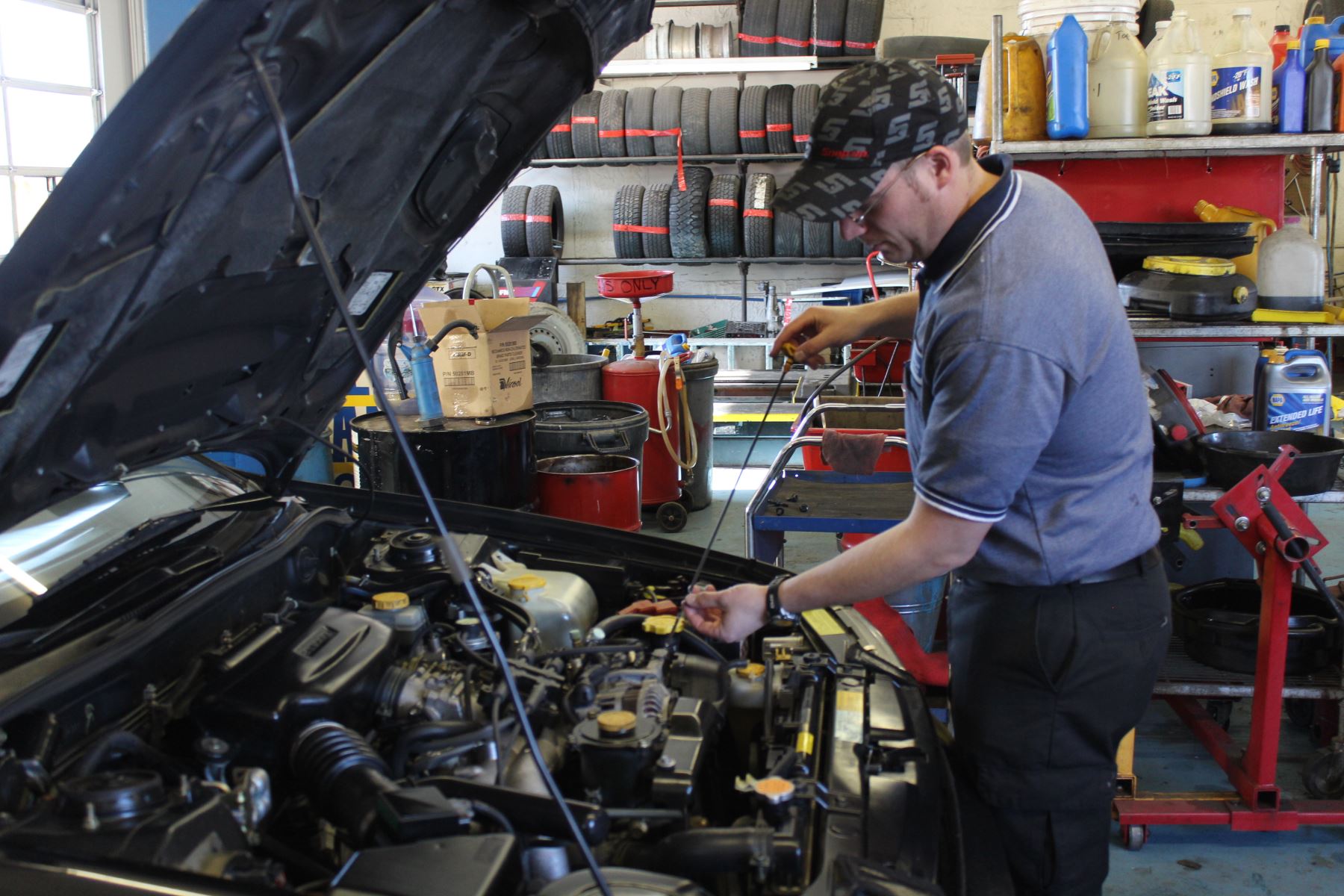
It's easy to check the oil in your car using the dipstick under the hood. Most cars will have several dipsticks for different fluid reservoirs, so consult your owner's manual to locate the engine oil reservoir and corresponding dipstick. If you've never done it before, it's really simple. First, pull out the dipstick and use a cloth or paper towel to wipe off any old oil that may be on it. Dip it all the way back in and pull it out to get a fresh sample. It's a good idea to check your oil every so often because you want to make sure you have enough healthy oil in the pan to help keep your engine running smoothly. If not, it's time for an oil change! When you do take the time to check your own oil, here are 4 things you should look for according to the Colorado Springs auto repair experts at Light ... read more